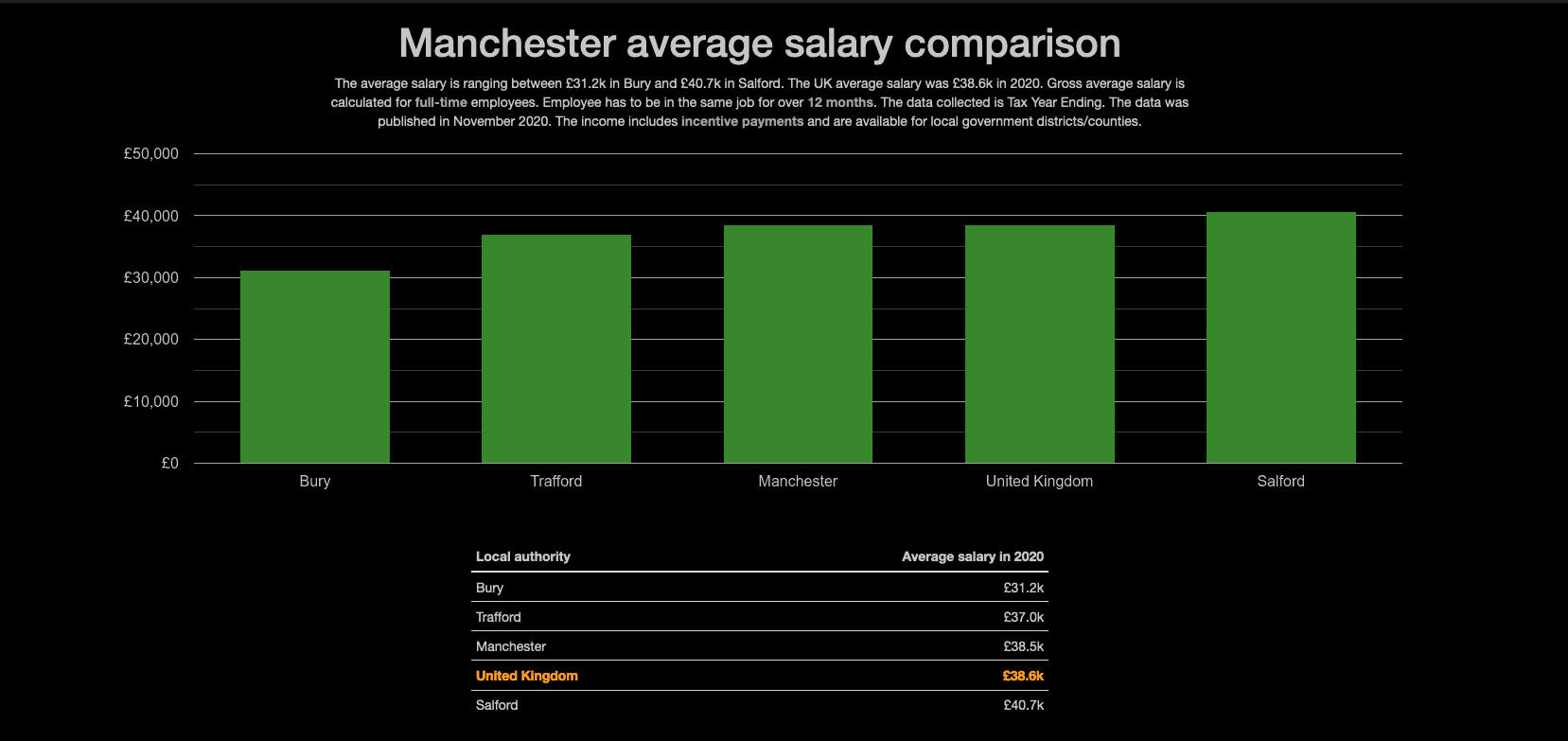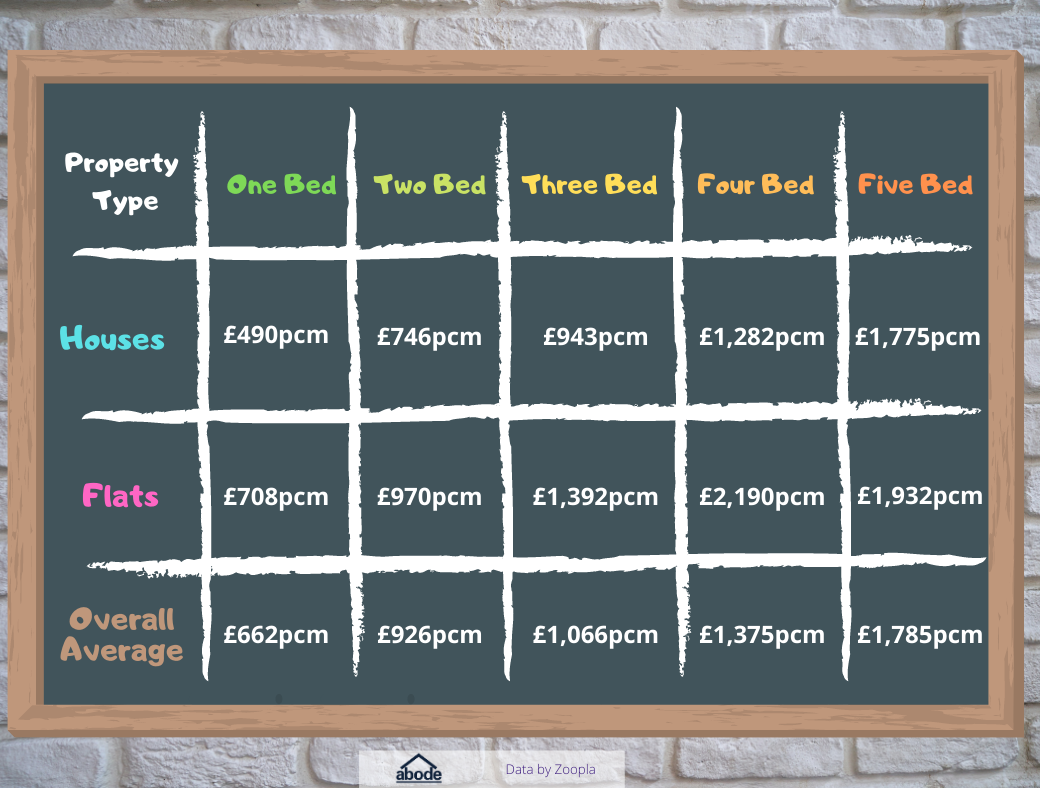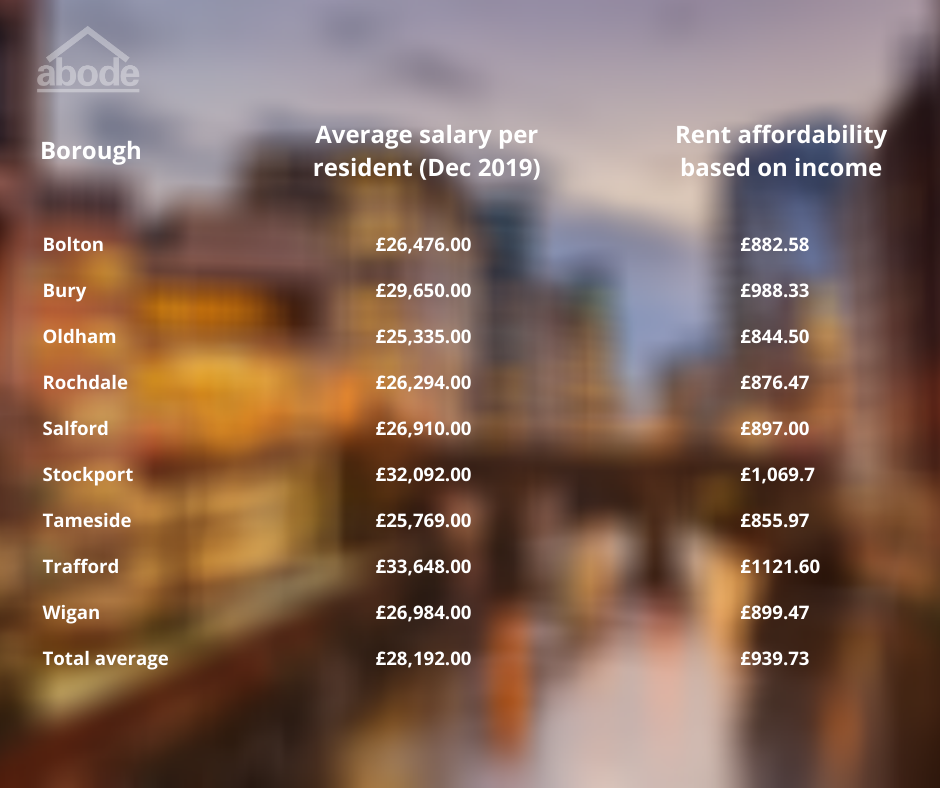The continuous investment in Manchester has created countless reasons for individuals from further afield to move to the city and its surrounding boroughs. Growth in employment opportunities or companies and their employees moving to the city, alongside the regeneration of various areas have contributed to the increase of the local population. This, in turn, has driven demand for the housing market.
With the ongoing pandemic, however, and many prospective homebuyers fearful of a property market crash from a sales perspective, the rental market in Manchester continues to offer a solid, and safe alternative.
The growing demand for rental properties in Manchester has paved the way for rental increases that the competition from prospective tenants would seemingly be happy to pay upfront for.
However, according to 68 percent of tenants who took part in The Property Academy Tenant Survey 2020, affordability in the rental sector has become more important than it was pre-lockdown. With income on the line for so many tenants throughout this pandemic, striking a balance in the Manchester rental market seems difficult for both tenants to live affordably, and for investors to be able to make their desired returns.
The overall average rental figures for properties in the Greater Manchester region indicate that generally, flats and apartments are costing more than traditional houses in rent. The demand for flats and apartments, particularly in the city-centre, has been driven by individuals looking for a convenient, modern, and trendy city-centre living lifestyle.
The newer, luxury high-specification finish apartments are commanding much higher rents, typically well over the £1,000 pcm mark.
For a small couple or family seeking a two-bedroom house in Manchester, the average rent will cost them £746pcm. If they were wanting to double the number of bedrooms, then they would be looking at almost doubling the rental figure in addition.
There is another component when it comes to the affordability of the rental market outside the rental figures, however.
When it comes to letting a property, any landlord looking for peace of mind will carry out thorough checks prior to agreeing to a tenancy; including affordability based on annual income or savings.
The average annual income of residents in Manchester is certainly varied, but helps to depict an accurate picture of affordability when it comes to renting in each borough:

The majority of Manchester’s boroughs have seen an average of £6,000.00 increases in earnings per working resident over the past 15 years, whilst Stockport features the highest growth of almost £10,000.00. Trafford has also seen a large growth in annual salaries, owing to the huge expansion of employment opportunities brought to the area through Trafford Park.
When taking a prospective tenant’s annual average income per borough into consideration, the affordability outcomes conclude to:
The lowest average affordability in Manchester emerges from Tameside. With an average annual salary of £25,679.00, this means the rental affordability of an average prospective Tameside tenant is £855.97. Trafford, on the opposite end of the scale, has average rental affordability of £1121.60 based on the £33,648,00 average salary in the area.
The average overall affordability across Machester is £939.73, based on an annual salary of £28,129.00.
This means that based on average rents across the city and its boroughs, the affordability in Manchester’s rental market stretches to three-bedroom houses, or two bedrooms flats/apartments on average.
Fundamentally, landlords and property investors should be looking to thoroughly research the affordability of prospective tenants in the chosen areas they are making investments. By investing in areas with plenty of demand and setting rental figures within the affordability ranges, void periods will be kept to a minimum and aid to start to return of investment as soon as possible.
Investing in areas where there is less demand, and disproportionally allocating rental figures beyond the affordability of the area will simply create sustained void periods and leave properties empty; driving costs higher and higher and making for a poor return of investment.
For more information on investing in Greater Manchester rental properties, and how to strategically select the right rental figure for your property, call us on 0161 883 2525.










